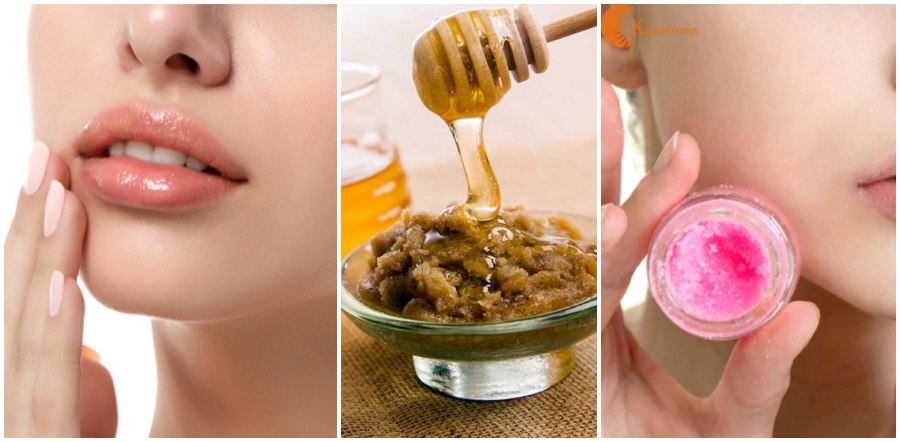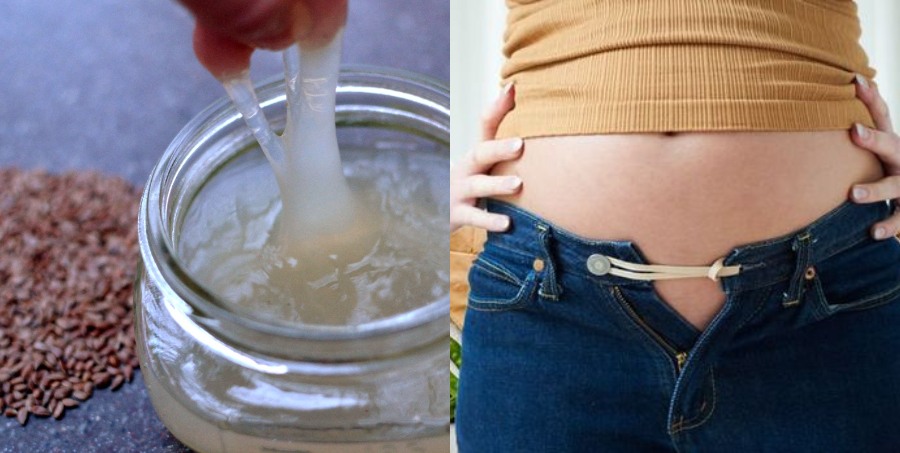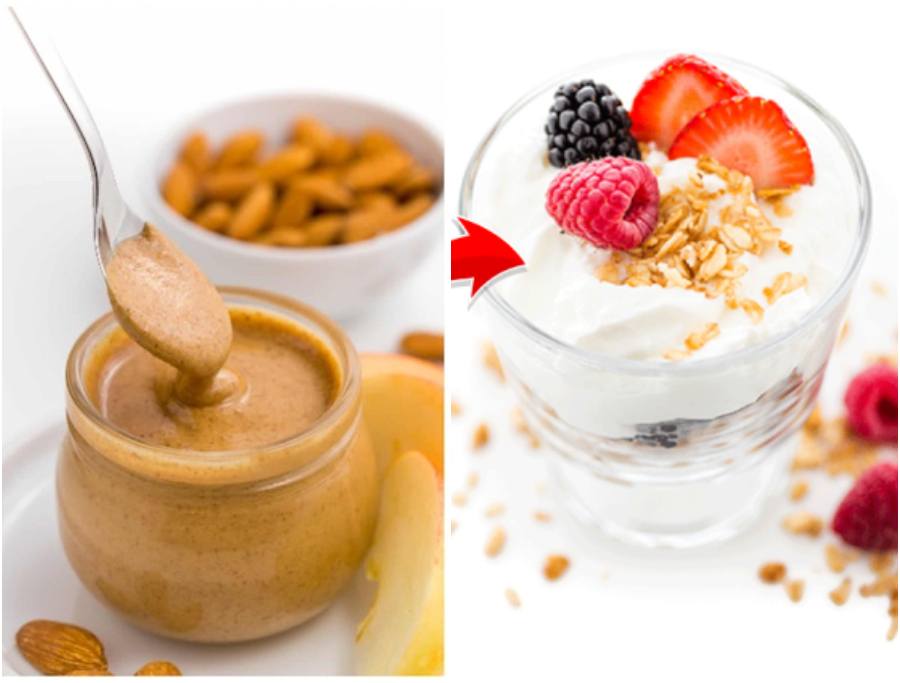Greetings everyone,

Today, I’m here with a quite informative post. I will be discussing the natural replacements for some synthetic skin care ingredients. Considerably, natural ingredients take some time to work when compared to the synthetic ones. Also, the synthetic skin care ingredients, when used on a long-term basis, can damage your skin as well. Thus, here you will find natural replacements for some commonly used synthetic ingredients. Let’s read it further.


1. Lemon Essential Oil for Salicylic Acid:
Salicylic acid is a wonder ingredient for women with oily skin. It helps to combat the acne and redness. It effectively cleans up the pores to reduce the whiteheads and blackheads and prevents the acne breakouts. But, sometimes, it can cause over-drying of your skin. However, you can use lemon essential oil as a substitute for salicylic acid. It is rich in vitamin C that helps in treating acne, whiteheads, blackheads and pigmentation. Besides, lemon essential oil detoxifies the skin and restores its lustre as well.
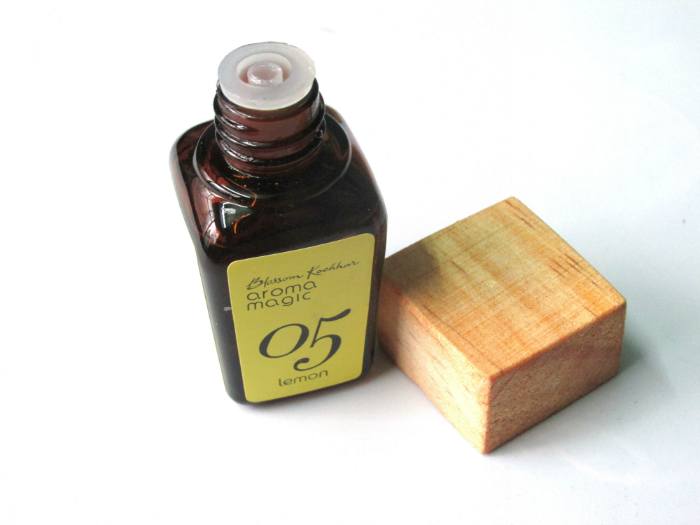
2. Grapefruit, Yoghurt or Pineapple for AHA:
AHA acts as an amazing exfoliator. It removes the dead skin cells and reveals a fresh and radiant skin, which in turn reduces the occurrence of acne scars and signs of ageing. You can find AHA in anti-ageing products as well. Not to mention, it can be used to repair the sun damage of skin, too. This synthetic ingredient can be replaced by grapefruit, yoghurt or pineapple as they are a natural source of Alpha Hydroxyl Acid. Grapefruit is the strongest source of AHA that helps in exfoliating the skin. Yoghurt has lactic acid, a natural form of AHA that is quite effective in reversing the sun damage. Pineapple acts as a great exfoliator because of the presence of AHA.
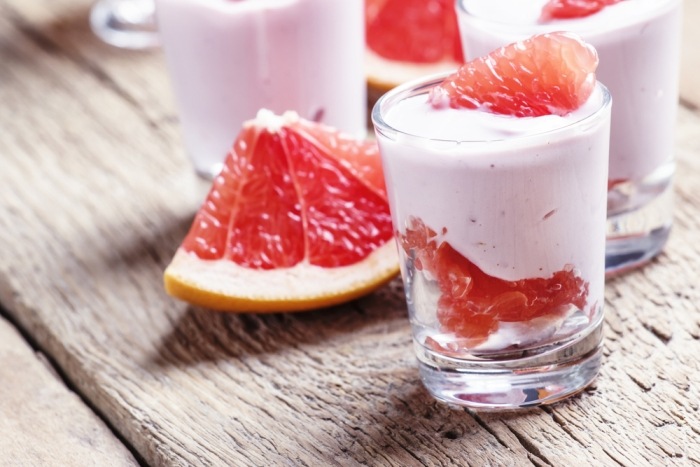
3. Rose Oil for Hyaluronic Acid:
Well, Hyaluronic acid is a naturally occurring polysaccharide in your body that provides suppleness, moisture and radiance to your skin. Babies are born with the highest level of hyaluronic acid that keeps their skin so soft and supple, and as soon as you start to age, the production of this acid decreases. Thus, you need to use skin care products containing hyaluronic acid to maintain the softness of your skin. However, if you do not want to use this synthetic ingredient on your skin, you can replace it with rose oil. Rose oil is intensely hydrating and increases the permeability of the skin. Apart from making your skin soft, supple and plump, it also facilitates the absorption of skincare products into your skin, which in turn improves your skin texture.
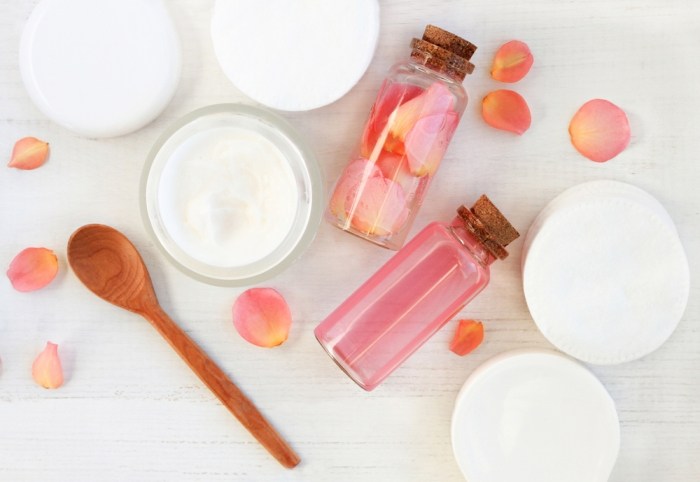
4. Frankincense Essential Oil for Retinol:
Retinol (a synthetic name for Vitamin A) is used in many skin care products. Retinols are widely known to deliver anti-ageing benefits to keep your skin youthful. Retinol stimulates the collagen production that helps in maintaining the elasticity of your skin. Not to mention, retinol increases the cell turnover and makes your skin healthy and young. Now, you can swap this artificial skin care ingredient with frankincense oil to get the same benefits. Frankincense oil has been used since ancient times because of its skincare benefits. It rapidly increases the cell turnover and makes your skin healthy and young. It reduces the appearance of fine lines and wrinkles as well. Not to mention, frankincense oil reduces the appearance of pores, lifts up the skin and tightens it naturally. It reduces the appearance of fine lines and wrinkles as well. Also, frankincense oil reduces the appearance of pores, lifts up the skin and tightens it naturally.
5. Chamomile or Neroli Essential Oil for Hydroquinone:
Hydroquinone is known to provide you with an even-toned skin and is considered as one of the most harmful skincare ingredients. It works by decreasing the production of the melanin in the body by inhibiting the enzyme tyrosinase. Over the time, it actually starts damaging the skin by damaging the pigment cells. Since hydroquinone is not safe for long term use, swap this synthetic ingredient with chamomile or neroli oil. Chamomile essential oil has azulene that is produced by your skin naturally. It helps in lightening your skin and provides you with an even-toned skin. On the other hand, neroli essential oil is obtained from orange blossoms and is a rich source of vitamin C that is well known for skin lightening. It helps in repairing the damaged skin cells while providing you with a flawless skin.
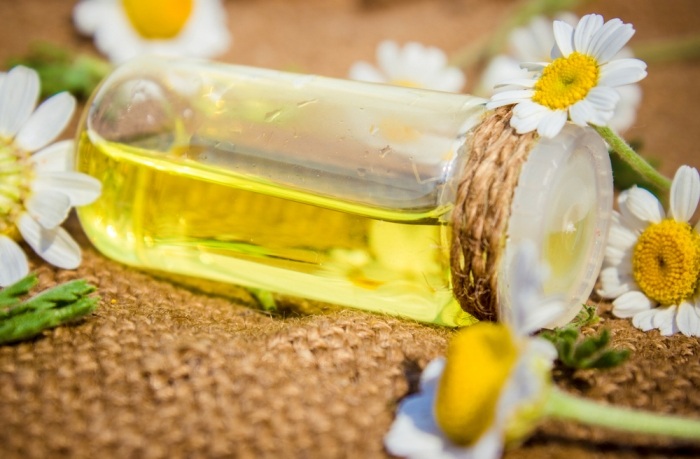
10 Natural and Quick Ways to Improve Your Skin
7 Easy and Natural Skin Brightening Remedies
5 Natural Remedies to Reduce Pores on Face
Inexpensive Alternatives To Costly Eye Makeup Brushes
All You Need to Know About Parabens, Their Alternatives and List of Paraben-Free Brands in India
7 Trends to Avoid if You are Short and their Alternatives
8 Most Common Ingredients Used in Skincare Products
7 Ingredients to Avoid in Makeup and Skincare Products
Ingredients To Look For in Your Skin Care Products



